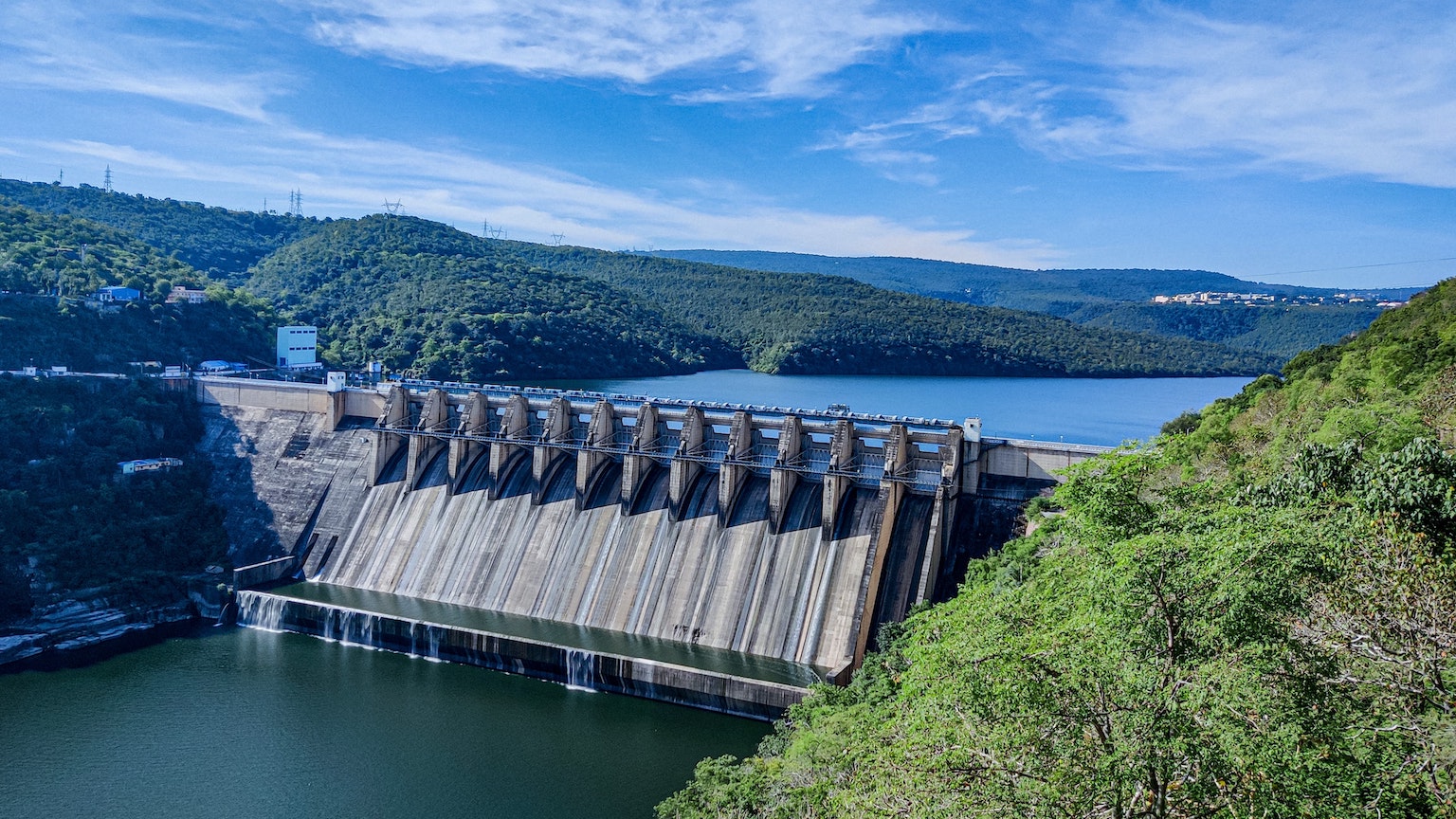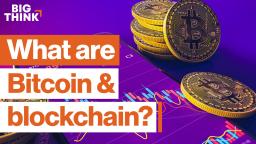Timothy Snyder: So starting with the objective part, with the facts, the United States is a country which is among the least equal in the world.
According to Credit Suisse, which is a Swiss bank and not some kind of crazy left wing organization, we are second in the world in wealth inequality after the Russian Federation. In the United States since the 1980s basically 90 percent of the American population has seen no improvement in either wealth or income. Almost all the improvement in wealth and income has been in the top ten percent, and most of that has been in the top one percent, and most of that has been in the top .1 percent, and most of that has been in the top .01 percent, which means that not only are people not moving forward objectively, but the way they experience the world—and this is very powerful—is that other people are on top.
So if you and I have the same thing over the course of 30 years, but we watch as our neighbor suddenly has 20 times as much, we're not going to say "Everything's fine because we have the same," we're going to say "Gosh, our neighbor has more than we do, and has so much more than we do he could probably reach in and take everything we have away," which is, of course, true—and that's the condition that people call oligarchy.
So the politics of inevitability says "the market has to lead to democracy, and therefore there's no reason to correct for what the market does."
If you don't correct what the market does, if you don't support trade unions, if you don't build up some kind of a welfare state, if you don't support public education and so on, then you're going to have a situation where citizens spread apart in wealth and spread apart in income, which is what's happening.
And that in turn may be the most powerful way that the politics of inevitability breaks into the politics of eternity. Because if there is massive inequality of wealth and income, individuals and families no longer think "I've got a bright future," they no longer believe—and this is something Mr. Trump got right even if he has no solution and he's making things worse on purpose—they no longer believe in the American dream, and they're correct not to do so.
If you were born in 1940 your chances of doing better than your parents were about 90 percent. If you were born in 1980 your chances were about one in two, and it keeps going down. So wealth inequality means the lack of social events, it means a totally different horizon, it means that you see life in a completely different way. You stop thinking time is an arrow which is moving forward to something better and you start thinking, "Maybe the good old days were better. Maybe we have to 'make America great again,'"and you get caught in these nostalgic loops. You start thinking "it can't be my fault that I'm not doing better, so who's fault is it?"
And then the clever politicians instead of providing policy for you provide enemies for you, they provide language for you with which you can explain why you're not doing so well. They blame the Other, whether it's the Chinese or the Muslims or the Jews or the blacks or the immigrants, and that allows you to think "Okay time is a cycle, things used to be better, but other people have come and they've taken things away from me."
And that's how the politics of inevitability becomes the politics of eternity: wealth inequality, income inequality are one of the major channels by which that happens.
So one of the fundamental problems with our American right wing "politics of inevitability" is that it generates income-and wealth-inequality and it explains away income and wealth inequality.
And so you get this cycle where objectively people are less and less well-off and subjectively we keep telling ourselves this is somehow okay, because in the grand scheme of things this is somehow "necessary," when it's not.
Timothy Snyder is the Richard C. Levin Professor of History at Yale University and a permanent fellow at the Institute for Human Sciences in Vienna. He is also the author[…]
Great again? Why America stopped looking forward to the future.
▸
4 min
—
with
Related
Memories aren’t mental recordings, but pliable information we can use to better manage the present and conjure future possibilities.
“All the plausible paths to a really great future, involve the development of machine superintelligence at some point.”
▸
5 min
—
with
Every power source involves trade-offs. Given the challenges of increasing demand and climate change, what is the future of energy?
A crash course in the history of money, the birth of Bitcoin, and blockchain technology.
▸
17 min
—
with
What lies in store for humanity? Theoretical physicist Michio Kaku explains how different life will be for your descendants—and maybe your future self, if the timing works out.
▸
15 min
—
with






